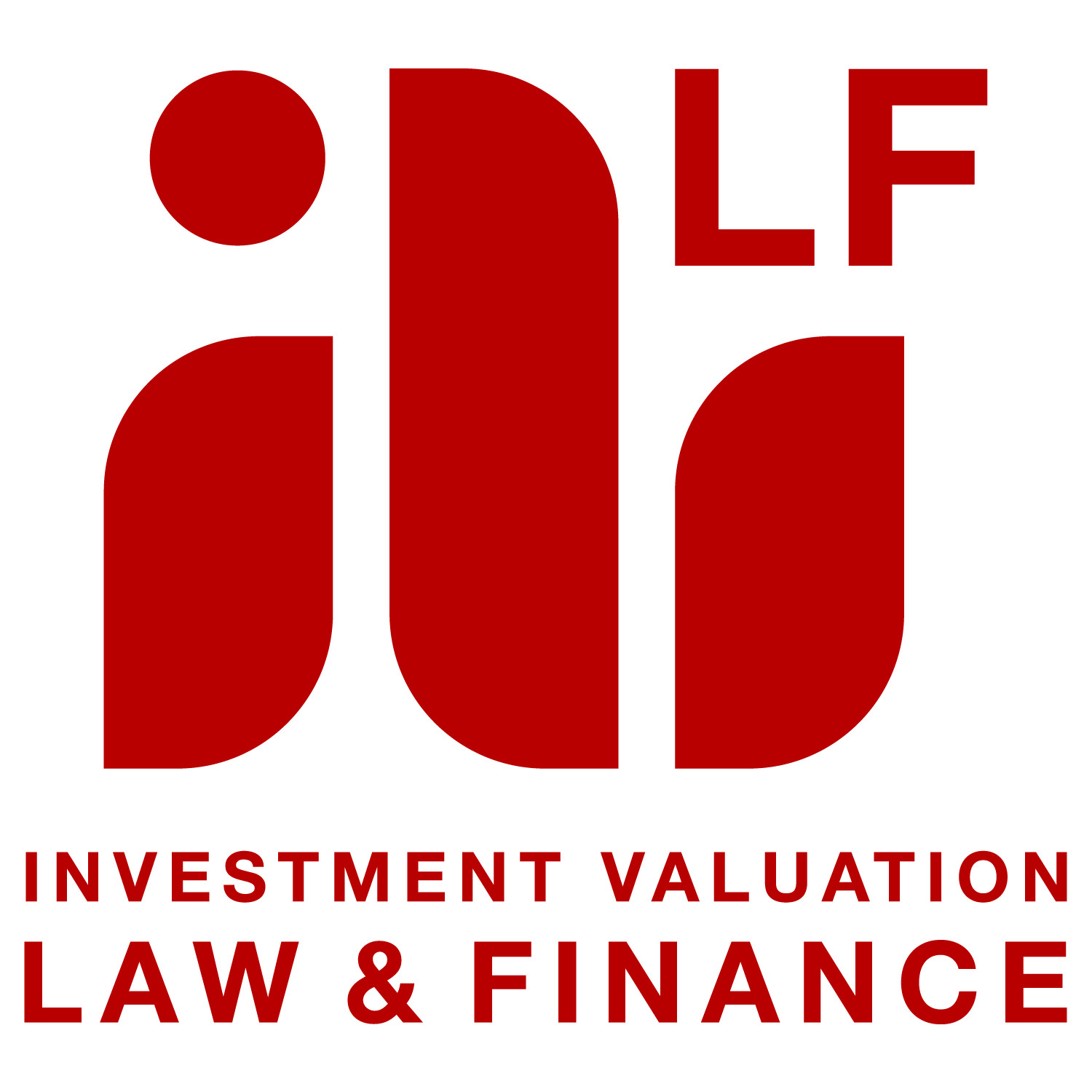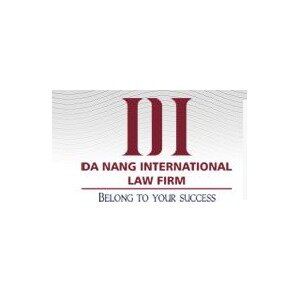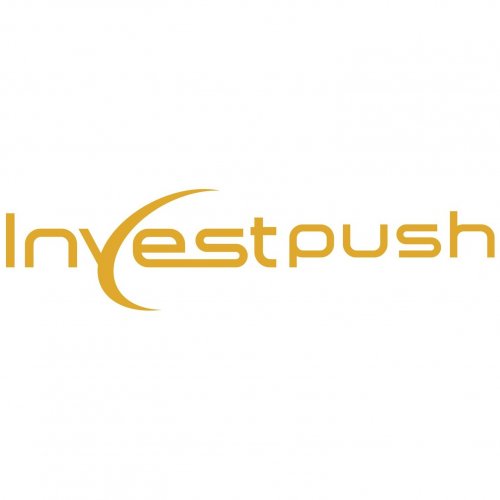Best Project Finance Lawyers in Vietnam
Share your needs with us, get contacted by law firms.
Free. Takes 2 min.
Or refine your search by selecting a city:
List of the best lawyers in Vietnam
About Project Finance Law in Vietnam
Project finance in Vietnam refers to the legal and financial framework supporting large-scale infrastructure or industrial projects, such as power plants, highways, or telecommunications, primarily through non-recourse or limited-recourse financing options. This means lending is typically secured by the project's assets and future revenues rather than the sponsor's balance sheet. Vietnamese project finance law covers contract structuring, risk allocation, investment incentives, and regulatory compliance, following standards of international practice while adapting to the country’s unique legal and business environment. Given Vietnam's rapid economic growth and commitment to infrastructure development, project finance plays a significant role in the country's modernization.
Why You May Need a Lawyer
Legal expertise is crucial in the field of project finance due to the complexity and size of these projects. Common situations where you may require a lawyer include:
- Structuring complex finance agreements involving multiple parties or international investors.
- Navigating licensing, permits, and investment approvals from local authorities.
- Ensuring compliance with Vietnamese law and specific sector regulations such as energy, transport, or real estate.
- Mitigating risks related to foreign exchange, revenue guarantees, and land use rights.
- Resolving disputes among joint venture partners, contractors, or lenders.
- Drafting and negotiating project and finance contracts, including EPC, O&M, and supply agreements.
- Advising on tax implications, profit repatriation, and incentive schemes available to investors.
- Managing security arrangements and project asset protection.
Local Laws Overview
Vietnam’s project finance legal framework is derived from several core statutes and regulations, balancing the interests of public authorities, private investors, and foreign stakeholders.
- Investment Law and Enterprise Law: These laws govern the establishment of investment vehicles, joint ventures, and corporate entities for project financing purposes.
- Public-Private Partnership (PPP) Law: This law, effective from 2021, outlines the rules for private sector participation in public projects, providing clarity on risk allocation and government support mechanisms.
- Land Law: It prescribes how land rights and leases are obtained and transferred, crucial for project site acquisition.
- Securities Law and Banking Law: These laws authorize and regulate secured lending, onshore and offshore loans, foreign exchange matters, and the use of project assets as collateral.
- Environmental and Construction Laws: Compliance with environmental impact assessments and construction permits is mandatory for most infrastructure projects.
- Sector-Specific Regulations: Sectors such as energy (solar, wind, LNG, hydro), transport, and telecommunications have additional rules related to licensing, tariffs, and foreign investment restrictions.
Frequently Asked Questions
What is the typical structure of a project finance transaction in Vietnam?
A project finance transaction often involves the creation of a special purpose vehicle that signs agreements with sponsors, lenders, contractors, and the government. Financing is usually secured by project assets and future cash flows.
Can foreign investors participate in project finance in Vietnam?
Yes, foreign investors are allowed, subject to sector-specific ownership caps, investment licensing, and compliance with local laws and regulations.
What sectors are most common for project finance in Vietnam?
Power generation (such as solar, wind, gas), transportation infrastructure (roads, ports, airports), and water supply or treatment projects are frequent recipients of project finance.
How are risks typically allocated in Vietnamese project finance deals?
Risks such as construction, operation, and revenue risks are usually allocated to the private party, while the government may share in political, regulatory, or certain force majeure risks, depending on project structure and negotiation.
How secure are land rights for project finance purposes?
Land rights are governed by the Land Law. Foreign entities must often partner with local firms or obtain land-use rights through lease or sublease. Ensuring strong documentation is essential for project security.
What kind of security can be taken for project finance loans?
Lenders usually take security over project assets, contractual rights (like offtake agreements), project accounts, and, where possible, land-use rights and shares in the special purpose vehicle.
Does Vietnam offer government guarantees for project finance projects?
Government guarantees are limited and subject to strict approval, generally only for large-scale, nationally important projects, or under the PPP Law’s guidance.
Are there tax incentives available for project finance projects?
Certain sectors and projects may be eligible for tax holidays, reduced corporate income tax, land rent exemptions, or import duty incentives, based on government priorities and location.
How are disputes typically resolved in a project finance context?
Disputes can be resolved through Vietnamese courts or through local or international arbitration, depending on the contract terms and the parties involved.
What steps are necessary to close a project finance deal in Vietnam?
Essential steps include preparing a feasibility study, securing all permits and licenses, reaching financial close with lenders, signing major project contracts, arranging security interests, and complying with all relevant legal requirements.
Additional Resources
For those seeking information or legal assistance related to project finance in Vietnam, the following resources may prove helpful:
- Ministry of Planning and Investment (MPI): Oversees investment approvals and PPP projects.
- State Bank of Vietnam: Regulates foreign loans, currency, and project-related financial operations.
- Vietnam Chamber of Commerce and Industry (VCCI): Provides support and advocacy for corporate investors.
- Vietnam International Arbitration Centre (VIAC): Handles commercial and project-related dispute resolution.
- Law firms specializing in infrastructure, finance, or energy law, many of whom publish useful guides and client alerts.
Next Steps
If you need legal assistance with project finance in Vietnam, consider the following steps:
- Identify the scope and objectives of your project or investment.
- Prepare relevant documentation, including company details, investment plans, and project proposals.
- Consult with a qualified Vietnamese project finance lawyer or specialist to assess legal structures, compliance requirements, and risk mitigation strategies.
- Engage professionals early to assist with contract drafting, negotiations, and governmental applications.
- Maintain communication with key stakeholders and regulatory authorities to ensure transparency and timely project implementation.
- Stay updated on legal and regulatory developments that may affect your sector or project.
Taking a proactive approach and seeking tailored legal guidance will help protect your investment and ensure a smooth process in Vietnam’s dynamic project finance landscape.
Lawzana helps you find the best lawyers and law firms in Vietnam through a curated and pre-screened list of qualified legal professionals. Our platform offers rankings and detailed profiles of attorneys and law firms, allowing you to compare based on practice areas, including Project Finance, experience, and client feedback.
Each profile includes a description of the firm's areas of practice, client reviews, team members and partners, year of establishment, spoken languages, office locations, contact information, social media presence, and any published articles or resources. Most firms on our platform speak English and are experienced in both local and international legal matters.
Get a quote from top-rated law firms in Vietnam — quickly, securely, and without unnecessary hassle.
Disclaimer:
The information provided on this page is for general informational purposes only and does not constitute legal advice. While we strive to ensure the accuracy and relevance of the content, legal information may change over time, and interpretations of the law can vary. You should always consult with a qualified legal professional for advice specific to your situation.
We disclaim all liability for actions taken or not taken based on the content of this page. If you believe any information is incorrect or outdated, please contact us, and we will review and update it where appropriate.
Browse project finance law firms by city in Vietnam
Refine your search by selecting a city.

















